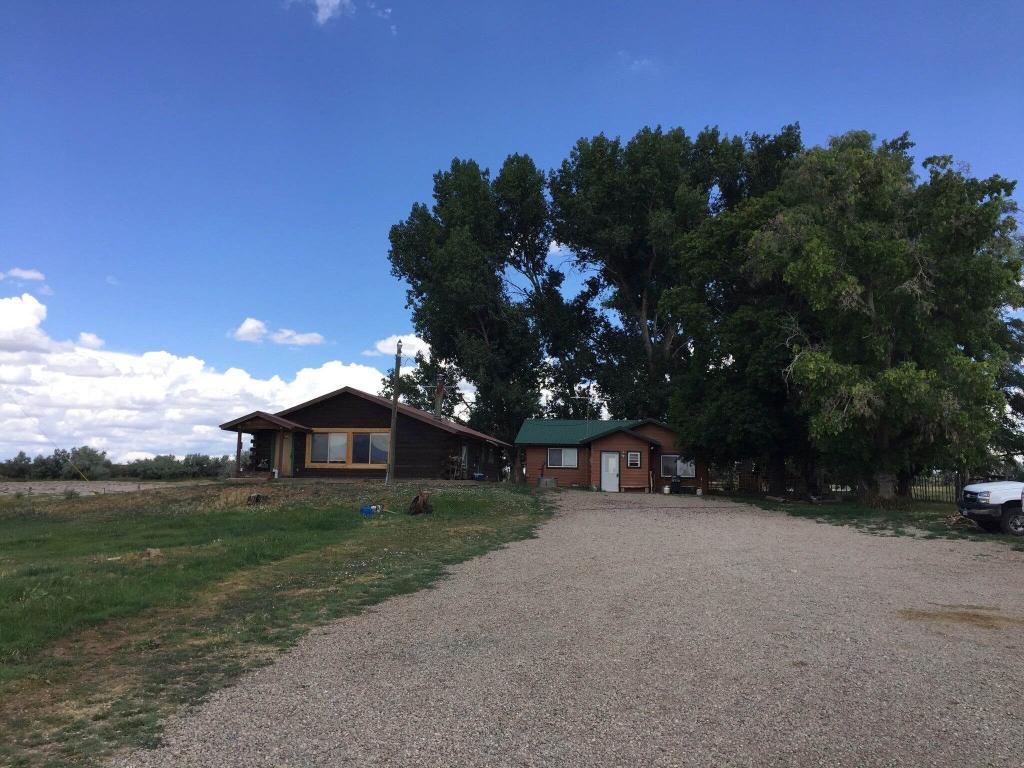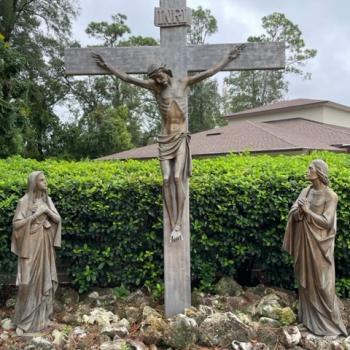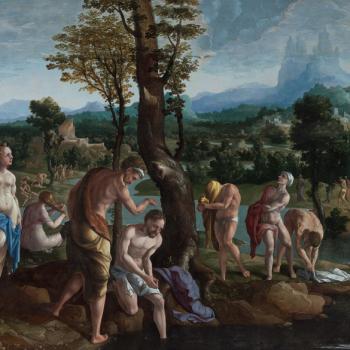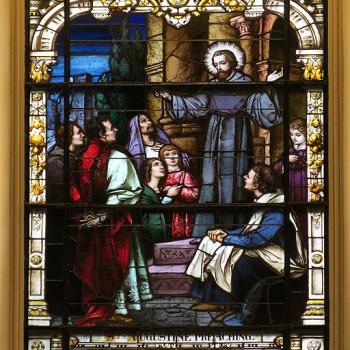
Introduction
How would you describe your grandparents’ home? I imagine you would vividly remember how it smelled and the memories of holidays spent there, as well as the relationships you built. Sometimes we may not even realize these feelings and memories exist within us until we can no longer visit that place. During my college years, some of my friends’ parents sold their childhood homes and downsized. When my friends returned home, they felt that something was wrong. The new place didn’t feel like home; it was foreign to them. Things just weren’t the same anymore.
Hitting Home
I didn’t truly understand this feeling until a few years ago when my mom had to sell the farm where I spent almost all of my childhood. My siblings and I furnished the hay barn with hand-built applewood furniture, and we built forts there. I crashed my bike in the gravel driveway, filling my knee with tiny pebbles. My siblings and I played baseball with unripe apples in the apple orchard. We also had countless rounds of paintball with my dad, brother, and friends in that same orchard.
In the fall, when the irrigation canal was turned off, I explored it with my sister, feeling like Indiana Jones. The farm was the place where my Mom and Dad taught me the meaning of hard work. I chopped weeds, branded cows, cut and stacked wood, built fences, stacked hay, and picked apples. While others might do these things for fun, when you live on an orchard, it was work. It is the place where I laughed and cried, had good times, and experienced some really terrible times. Despite my family no longer owning it, it will always be home.
Understanding Place
While many throw pillows have the phrase “home is where the heart is” cross-stitched on them, and I’m sure some of you remember seeing it in your grandparents’ home, I believe that phrase may be misleading because it downplays the importance of place. In fact, place is an incredibly important part of every story that happens when you read through scripture.
Adam and Eve were with God in Eden. Egypt played a vital role in the redemption of the Israelites during Joseph’s time. God dwelt in the temple, and Mount Sinai is where He gave the ten commandments. Jesus faced temptation from Satan in the desert. Place matters. However, philosophers like Plato and Isaac Newton have shaped our understanding of space—or place—and time, likening it to that of a container, simply a space inside which things happen. According to this view, place does not matter.
T.F. Torrance describes this view in his book Space, Time, and Incarnation, saying that–according to Newton and Plato–space is “simply that in which (ἐν ᾧ) events occur, a formless and passive medium (ἐκμαγεῖον) that does not give shape or determination to what is found within it” (4-5). As with a container that holds our leftovers from dinner last night, there is no connection between the thing in the container and the container itself. According to this view then, place does not matter.
Rethinking Space-Time
But what if this view is wrong? This is what Albert Einstein discovered and wrote about in his book Relativity: The General and Special Theory. As he studied physics, he came to realize that objects seem to cause a distortion in space-time, just like standing in the middle of a trampoline causes the fabric to dip into the middle where you are standing. This means that objects within space-time have an effect on space-time and vice versa. Space-time does not passively receive or contain objects; instead, space-time serves as the “seat of relations.” Space-time directly connects to the relationships of that which occurs within it. In other words, place matters.
The Power of Place
There is a reason our memories are deeply connected to places. Place has an impact on the objects within it. This realization hit home for me a couple years ago. I was working on my Ph.D. with the University of Aberdeen in Scotland, while living and working in Chicago. During my Ph.D. work, I struggled at times, especially with motivation to write (surprising right?). There was a disconnect between my work and my place. You see, I enrolled at a university in Scotland, but I lived in Chicago (I undertook my studies via distance learning). Something needed to change; I needed to find my second wind.
So, during the summer of 2019—since I am a teacher and my wife was working remotely at the time—we decided to go to Scotland for a month so that I could get some time to work in the library and meet with my advisor in person. I worked in the library for a week and a half, and I was shocked at the amount of motivation I gained simply by working in the library. This was because place matters. I felt disconnected from my school and the work I was doing, I believe, due to my physical distance from the place where I was supposed to be working. Having spent time at the University, the relationship that I had with my work changed.
Conclusion
I still vividly remember the smell of the flowers on the apple trees in the spring and the sound of the buzzing bees excitedly extracting nectar from their delicate petals; I remember the smell of the tackle shed where we stored the equipment for the horses, the conversations I had with my family around our wood-burning stove, and the relationships that we built inside our tiny farmhouse.” I won’t forget those things. This is the power of place.

















